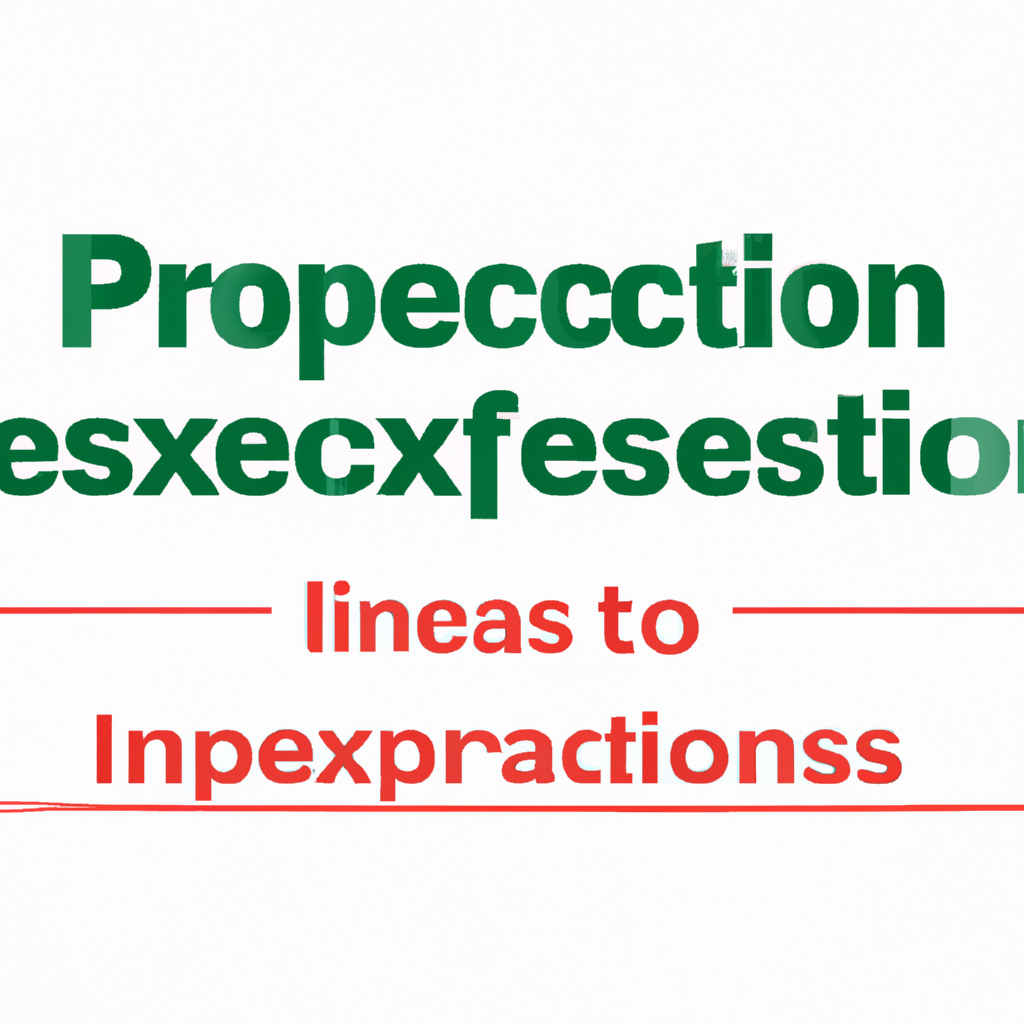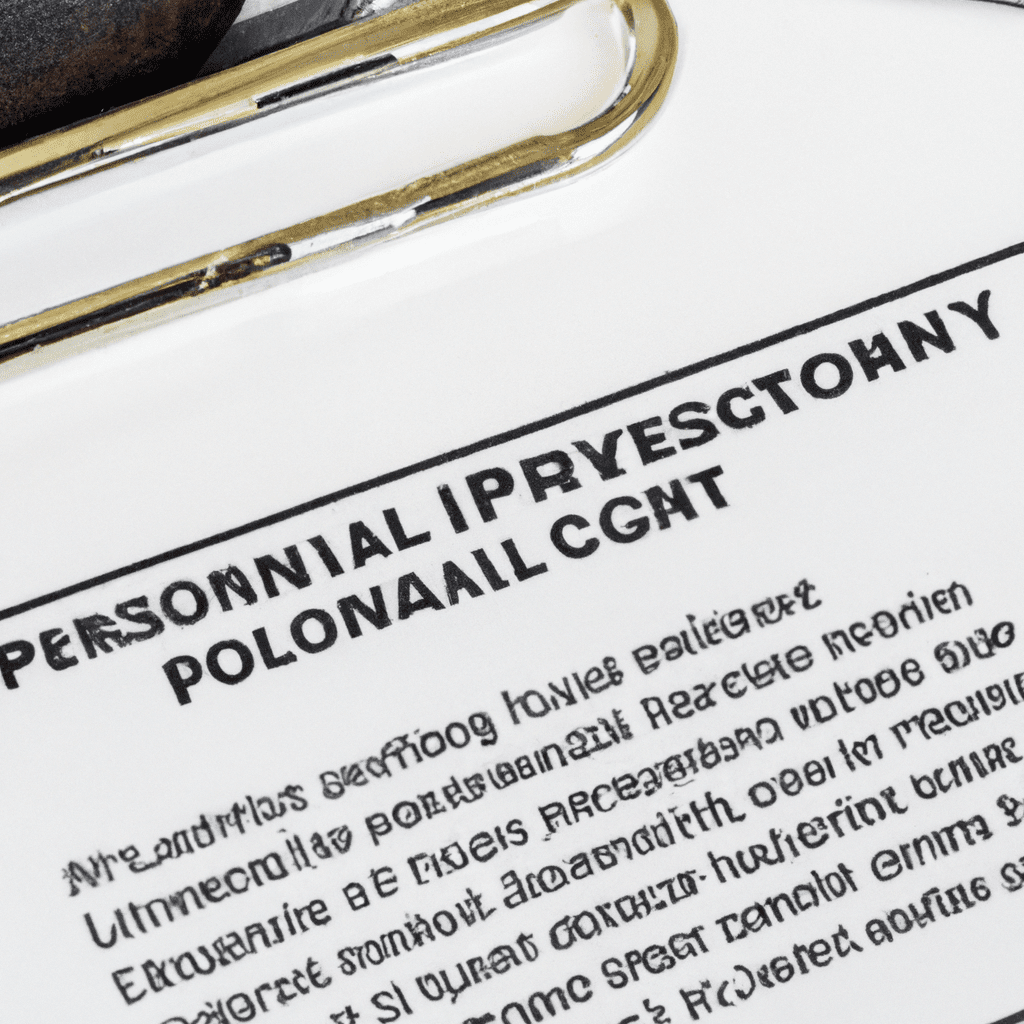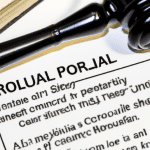The process of filing a personal injury claim can be complicated and overwhelming to navigate. But if you have a pre-existing medical condition, the process may be even more complicated. Although a pre-existing medical condition may limit the amount of compensation you receive, you can still seek to be reimbursed for injuries or illnesses caused by another person’s negligence.[[1](https://www.rosslawfirmga.com/pre-existing-medical-conditions-personal-injury)] It’s important to understand how your pre-existing medical condition can affect your personal injury claim. In this article, we’ll explain how pre-existing medical conditions can affect personal injury claims, so that [[2](https://www.prwlaw.com/how-do-pre-existing-conditions-affect-personal-injury-claims/)] you can make an informed decision about what to do next. We’ll also cover the importance of utilizing thorough documentation to prove the aggravation of pre-existing conditions in order to maximize your [[3](https://www.theinjurylawyers.com/pre-existing-injuries-and-your-personal-injury-case/)] chance of compensation.
Table of Contents
- 1. Pre-Existing Conditions – Understanding the Impact
- 2. Personal Injury Laws and Pre-Existing Conditions
- 3. Navigating Pre-Existing Injuries in Personal Injury Claims
- 4. Strategies for Seeking Compensation Despite Pre-Existing Conditions
- Q&A
1. Pre-Existing Conditions – Understanding the Impact
Impact on Severity
The severity of Covid-19 illness may vary greatly and can depend on a number of pre-existing conditions. Studies indicate that underlying illnesses such as cardiovascular disease, obesity, hypertension, diabetes and asthma have been identified as potential risk factors that can make symptoms worse [[1](https://www.ncbi.nlm.nih.gov/pmc/articles/PMC7377468/)].
People with co-morbidities may experience more severe symptoms when infected, including pneumonia, lung infections and respiratory failure. It is important to be mindful of pre-existing conditions and ensure that appropriate treatment is provided accordingly. Individuals with pre-existing conditions are more prone to developing complications and require additional medical supervision.
Impact of Geographical Location
The geographical location of a person has a significant impact on the severity of the effects of Covid-19 and on pre-existing conditions. The economic implications of the pandemic have uprooted some pre-existing trends that various countries have been following, with an increase in inequality [[2](https://www.oecd.org/coronavirus/policy-responses/the-territorial-impact-of-covid-19-managing-the-crisis-across-levels-of-government-d3e314e1/)].
It is important to understand the local context in order to effectively manage pre-existing conditions during the pandemic. Low-income countries may struggle to provide adequate healthcare, which may limit access to treatments for patients with underlying conditions. It may also be difficult to acquire protective equipment such as masks, gowns and gloves due to limited resources.

2. Personal Injury Laws and Pre-Existing Conditions
According to the Health Insurance Portability and Accountability Act of 1996 [[2](https://www.govinfo.gov/content/pkg/PLAW-104publ191/html/PLAW-104publ191.htm)], any preexisting condition exclusions no longer apply to an individual covered by said act. This means that regardless of whether you have any pre-existing conditions, your insurance coverage can not be denied.
When it comes to filing a personal injury claim due to pre-existing conditions, the insurer may still deny the claim [[3](https://www.prwlaw.com/how-do-pre-existing-conditions-affect-personal-injury-claims/)]. However, the letter from your employer must acknowledge that the injury or illness significantly aggravated your pre-existing condition [[1](https://www.osha.gov/laws-regs/standardinterpretations/2014-02-28)]. It is necessary to create a document and prove that the injury or illness was first developed at the time of working to get appropriate compensation.
- Insurance coverage cannot be denied based on preexisting condition exclusions.
- The insurer may still deny personal injury claims due to pre-existing conditions.
- Employee needs to prove that the injury was first developed at the time of working.
- Injuries must be sufficiently documented to show that they significantly aggravated a pre-existing condition.
3. Navigating Pre-Existing Injuries in Personal Injury Claims
When navigating through pre-existing injuries in a personal injury claim, the following topics should be understood:
– The HIPAA Privacy Rule [[2](https://www.hhs.gov/hipaa/for-professionals/privacy/laws-regulations/index.html)]
– Medical Records – Documents that show how the most recent injury contributed to or exacerbated a pre-existing injury [[1](https://www.stewartlawoffices.net/blog/personal-injury-claims-involving-pre-existing-in/)]
– The impact that pre-existing conditions have on personal injury claims [[3](https://myerslegal.com/personal-injury-claims-and-pre-existing-conditions/)]
Under the HIPAA Privacy Rule, a person’s medical and health information is protected from general disclosure. This includes pre-existing health conditions that may be significant in terms of liability determination. Content within medical records, such as MRI results, x-rays, and CAT scans, can help determine the amount of damage caused by an injury to a pre-existing condition. Consequently, these records can be extremely important when filing a legal claim for personal injury involving a pre-existing injury.
When it comes to personal injury claims and the damage caused by a pre-existing condition, a victim must be able to prove that the new injury or accident – rather than the pre-existing condition – is the primary factor that has caused their injury or health issues. Establishing this is absolutely critical in order to prove the claim and ensure that the victim is able to recover compensation. Scrutinizing the medical records and other evidence of the pre-existing condition, as well as the immediate injuries sustained in the new incident, is a key factor in determining the validity of a personal injury claim.
4. Strategies for Seeking Compensation Despite Pre-Existing Conditions
One of the most important strategies for seeking proper compensation when dealing with pre-existing conditions is to focus on the documentation process. It is incredibly important to document any medical issues that arise, ensuring that all details of your illness are accurately recorded and can be properly presented if necessary. [[1](https://www.qualtrics.com/blog/employee-feedback-examples/)] Additionally, it is important to consult with an experienced attorney in order to ensure that your rights are being protected and that you are receiving proper compensation for the health issues that you are dealing with. [[2](https://www.indeed.com/career-advice/resumes-cover-letters/resume-objective-examples)]
Another key strategy is to be proactive in seeking financial assistance and/or compensation for medical costs associated with pre-existing conditions. It is possible to apply for certain governmental or private grants and programs in order to receive financial assistance for medical treatments and procedures. [[3](https://www.semrush.com/blog/content-writing-how-to-write-and-order-different-types-of-content/)] Additionally, it is important to research different insurance policies and talk to a professional in order to determine the most suitable methods for covering medical costs associated with pre-existing conditions. Some of the options include:
- Long-term Care Insurance
- Short-term Care Insurance
- Supplemental Insurance
- Self-Insurance
Furthermore, it is important to be aware of the different legal protections that are in place for individuals dealing with pre-existing conditions. Depending on the specific state or country, there may be certain legislation designed to protect the rights of individuals with pre-existing conditions. [[4](URL)] It is important to be knowledgeable of the regulations in your area in order to improve the chances of receiving the proper compensation.
Q&A
Q: What is a pre-existing condition?
A: A pre-existing condition is any medical condition that was present before an individual was injured in an accident. These conditions can include diseases, injuries, mental health disorders, or any other physical impairment that existed before an injury. [[1](https://www.joedibartolomeo.com/faqs/oregon-workers-compensation-and-pre-existing-conditions.cfm)]
Q: What are some common pre-existing conditions?
A: Some of the most common pre-existing conditions include acne, diabetes, asthma, heart disease, depression, anxiety, arthritis, high blood pressure, and HIV. [[2](https://www.cnn.com/2017/09/20/health/most-common-pre-existing-conditions/index.html)]
Q: What is the Pre-Existing Condition Insurance Plan (PCIP)?
A: The Pre-Existing Condition Insurance Plan (PCIP) is a law created to allow individuals who have been denied coverage by private insurance companies to purchase health insurance. The program helps those with pre-existing conditions gain access to comprehensive health insurance coverage and benefits. [[3](https://www.cms.gov/cciio/resources/fact-sheets-and-faqs/preexistingconditioninsuranceplan)]
Q: How can pre-existing conditions affect a personal injury claim?
A: Pre-existing conditions can affect a personal injury claim by making it more difficult to prove the defendant’s negligence or recklessness. If the defendant can prove that the plaintiff’s pre-existing condition played a role in aggravating or prolonging the injury, they may be able to reduce the amount of damages they are required to pay. [[1](https://www.joedibartolomeo.com/faqs/oregon-workers-compensation-and-pre-existing-conditions.cfm)]
Concluding an article like this can often be difficult, especially when it discusses a topic as complicated as pre-existing conditions and personal injury claims. It’s important to remember, however, that anyone facing an injury claim should first consider if there might be any pre-existing conditions or illnesses that could affect it. Taking the time to assess your own injury can save you from any unnecessary hassles and costs while at the same time ensuring the best possible outcome for your claim. [[1](https://www.defense.gov/News/Contracts/Contract/Article/3458084/), [2](https://bmwlawgroup.com/how-can-a-pre-existing-condition-affect-an-injury-claim/), [3](https://www.stewartlawoffices.net/blog/personal-injury-claims-involving-pre-existing-in/)] Ultimately, pre-existing conditions can be a source of frustration, stress and legal entanglement. But with the right information and preparation, you can ensure you have the best chance of a successful outcome in your case.
personal injury lawyer oklahoma
oklahoma personal injury lawyer




